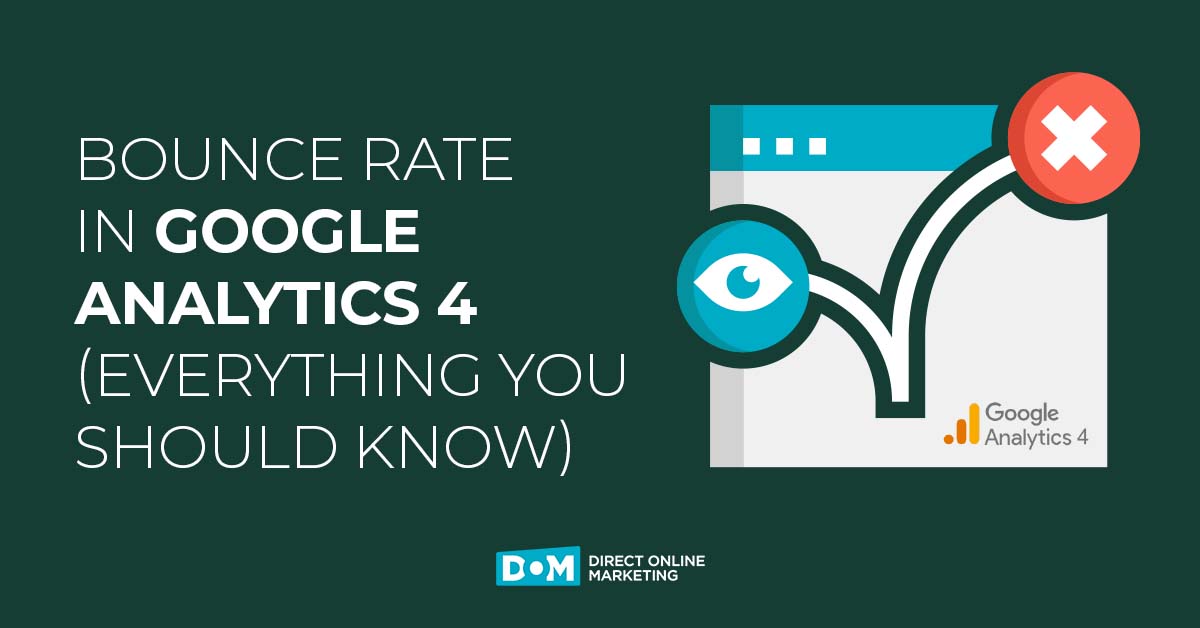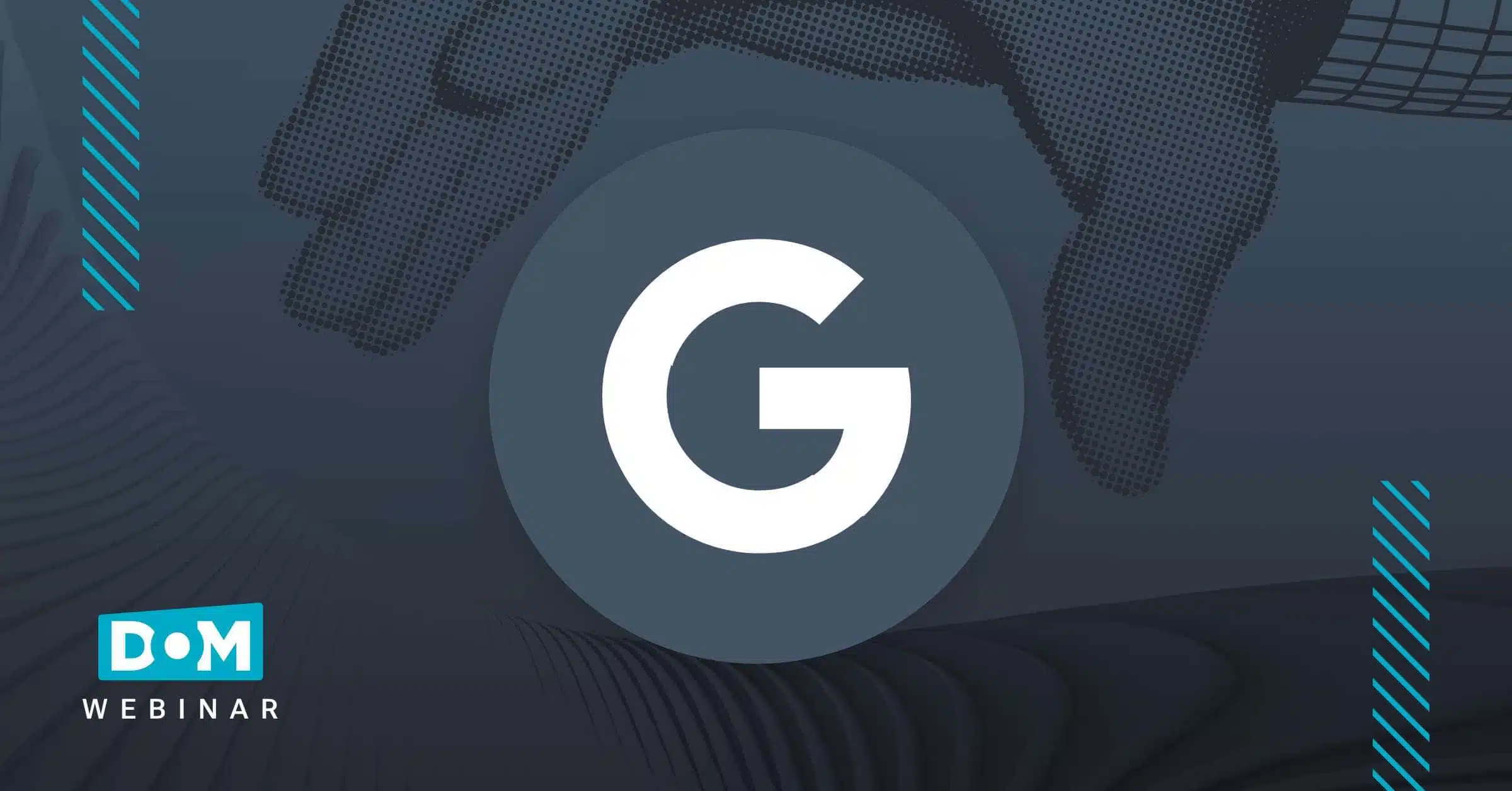So, what’s that say about me getting the opportunity (read: roped in) to teach a portion of Justin’s ecommerce class last Thursday in Wheeling as he had a conference call to take?
As guest lecturers go you can’t get much [fill in the blank].
The main objective was to try and get the class to understand on-page ranking factors in relation to a given keyword. In essence, the basics of keyword placement in SERPs and its correlation to items on the page (both front end and code) such as the H1 tag, content and meta tags.
There’s always been a bit of debate as to whether SEO can be taught, or more importantly, whether it can be certified. One point being, results speak for themselves through implementation, and another being the rate at which search engines make changes can render certain information outdated pretty swiftly.
Also, the process of SEO is backwards engineering, analysis and testing of Google’s algorithm. It’s one thing saying keywords in the title tag are important, but another trying to dictate how important. The wrap-up of the lesson was to get the students to rank the following on page factors based on looking at the top ranking site for a given keyword:
On-Page (Keyword-Specific) Ranking Factors
1. Keyword Use Anywhere in the Title Tag
2. Keyword Use as the First Word(s) of the Title Tag
3. Keyword Use in the Root Domain Name (e.g. keyword.com)
4. Keyword Use Anywhere in the H1 Headline Tag
5. Keyword Use as the First Word(s) in the H1 Tag
6. Keyword Use in the First 50-100 Words in HTML on the Page
7. Keyword Use in the Page Name URL (e.g. site.org/folder/keyword.html)
8. Keyword Use in the Meta Description Tag
9. Keyword Use in the Meta Keywords Tag
The above ranking factors were taken from SEOmoz and are explained as:
The following ranking factors were rated by our panel of 72 SEO experts. Their feedback is aggregated and averaged into the percentage scores. For each, we’ve calculated the degree to which the experts felt this factor was important for achieving high rankings as well as the degree of variance in opinion, estimated using the standard deviation of the contributors’ answers. Thus, factors that are high in importance and low in contention are those where experts agree the most that the factor is critical to rankings.
There are plenty more SEO factors, both on-page, off-page and otherwise at SEOmoz. The above were selected purely for an hour-long class.
One thing I mentioned was Google being secretive about their formulas and algorithm; that some things were more closely guarded than Coke’s secret ingredient or the key to the Jonas Bros’ collective chastity belt key.
However, Matt Cutts, Google’s own public face and head of their spam Search Quality team, has written a very interesting blog post claiming how open and transparent Google are and always have been when it comes to such things, and how they’ve always tried to educate whenever possible.
As Matt says:
One of the most widely-discussed parts of Google’s scoring has always been PageRank. That “secret ingredient” is hardly a secret. Here it is. That early paper not only gave the formula for PageRank, but mentioned many of the other signals in Google’s ranking, including anchor text, the location of words within documents, the relative proximity of query words in a document, the size and type of fonts used, the raw HTML of each page, and capitalization of words. Google has continued to publish literally hundreds of research papers over the years. Those papers reveal many of the “secret formulas” for how Google works and document essential infrastructure that Google uses.
The post continues claiming interesting point after interesting point and then we get to the end:
At the same time, we don’t think it’s unreasonable for any business to have some trade secrets, not least because we don’t want to help spammers and crackers game our system. If people who are trying to game search rankings knew every single detail about how we rank sites, it would be easier for them to ‘spam’ our results with pages that are not relevant and are frustrating to users — including porn and malware sites.
Ultimately, criticizing Google for its “secret formula” is an easy claim to make, but it just isn’t true. Google has worked day after day for years to be open, to educate publishers about how we rank sites, and to answer questions from both publishers and our users. So if that’s how people choose to define “secret,” then ours must be the worst kept secret in the world of search.
It looks like we might have to get a host of SEO experts together to see if they can agree on how transparent Google is when it comes to its ranking algorithms.
75%, 43.3% or Pi?
Not wishing to be a pedant, but partial transparency is an oxymoron.
Imagine some other worldly being turning up in a shiny UFO one evening. They whisk you off for a ride round the cosmos, hand you some blueprints (but not all of them) and lay out the vast majority of parts on your lawn for you to have a stab at building your own interstellar craft. You’ve seen what it does, and you’ve got some of the bits and bobs and certain instructions, but without the full caboodle you’re going nowhere.
You’re going to need some pretty smart mechanics (or be fairly smart yourself) to backwards engineer some of the gaps and test that it works before you make it to Pluto, or even Costco.
But, if they came from Planet Ikea…….
(Caveat: This isn’t a dig at Matt Cutts. While I don’t know the fella, he’s somebody I have a bit of respect for. If you ever required a near perfect example of a public liaison between corporate and customer, then Matt is it.)
To get more information on this topic, contact us today for a free consultation or learn more about our status as a Google Partner Agency before you reach out.


